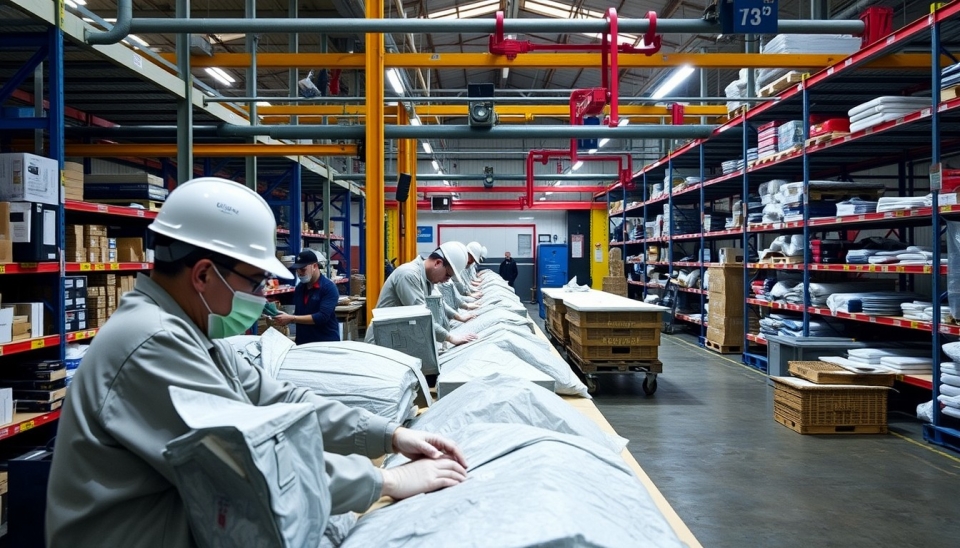Decline of American Labor Force Participation Amid Soaring Immigration

A recent analysis has shown that participation in the American labor force has significantly declined in the face of increasing immigration flows. This factor raises serious concerns among economists and policymakers, as a reduction in the labor force can lead to long-term consequences for the country's economy.
According to the study, the rise of immigration to the United States is often viewed as a solution to labor shortages. However, current data suggests otherwise. The level of employment across various sectors of the economy is critically low, jeopardizing sustainable economic growth. While immigration may add to the workforce, it also creates competition for existing workers, which can contribute to wage declines and increased unemployment rates.
Experts believe that current immigration laws and policies need to be reassessed to better address the prevailing challenges in the labor market. Additionally, there should be more focus on training local workers and ensuring their competitiveness in the face of rising competition from immigrants.
Ultimately, labor market participants and policymakers must work within a coordinated strategy to ensure sustainable economic growth, prevent further reductions in the workforce, and guarantee financial security for all residents of the country.
The analysis also highlights the need for a deeper discussion about the impact of immigration on the economy, including its effect on wages, unemployment rates, and the overall quality of life for citizens.
#immigration #economy #laborforce #USA #employment #unemployment




